Navigating the complex and rapidly evolving world of blockchain technology requires robust tools that can provide clarity and insights into transactions, blocks, and addresses. Blockchain explorers are indispensable resources for cryptocurrency enthusiasts and blockchain developers alike, offering a window into the blockchain to verify transactions and explore network activity. Here’s a comprehensive guide to understanding what a blockchain explorer is, the features to consider when choosing one, and a curated list of the 10 best blockchain explorers available today.
What is a Blockchain Explorer?
A blockchain explorer is essentially a search engine that allows users to look up, confirm and inspect the transactions on a blockchain. It provides detailed information about specific transactions, the blocks they are in, wallet addresses, and the history and movement of digital currencies. This transparency is crucial for trust and security in the blockchain space.
Features to Consider When Choosing a Blockchain Explorer
When selecting a blockchain explorer, several features are vital for a comprehensive and user-friendly experience:
- Functionality: It should offer robust search functions, including the ability to search by transaction hash, address, block number, etc.
- Supported blockchains: The more blockchains it supports, the more versatile it is.
- User interface: A clean, intuitive interface makes navigation and data interpretation easier.
- Data visualization tools: Graphs and charts can help users quickly understand complex data.
- API access: For developers, API access allows for the integration of blockchain data into applications and websites.
10 Best Blockchain Explorers
Etherscan (Ethereum)
Etherscan is the leading Ethereum blockchain explorer, known for its comprehensive data on Ethereum transactions, addresses, tokens, prices, and other activities. It’s a go-to tool for Ethereum enthusiasts and developers. Etherscan
Blockcypher (Bitcoin)
Blockcypher supports multiple blockchain networks, including Bitcoin. It offers a wide range of services and data, such as transaction confirmations and wallet activity, making it a versatile tool for Bitcoin users. Blockcypher
ViewBlock (Bitcoin Cash)
ViewBlock is a powerful multi-chain explorer that includes support for Bitcoin Cash. It offers a clean interface and real-time data, helping users track transactions and blocks effortlessly. ViewBlock
Solana Explorer (Solana)
The Solana Explorer provides detailed information on transactions, accounts, and consensus on the Solana blockchain. It’s an essential tool for those working with or investing in Solana’s high-performance blockchain. Solana Explorer
Polyscan (Polygon)
Formerly known as Etherscan for Polygon, Polyscan offers similar levels of detail and functionality for the Polygon network, catering to users and developers on this scalable blockchain platform. Polyscan
Avalanche Explorer (Avalanche)
This explorer provides insight into the Avalanche network, allowing users to view transactions, validators, and assets across multiple subnets, making it a comprehensive tool for Avalanche participants. Avalanche Explorer
BSCScan (Binance Smart Chain)
BSCScan is the primary block explorer for the Binance Smart Chain, offering detailed data analysis, transaction history, and smart contract functionality, crucial for users of this growing ecosystem. BSCScan
Harmony Explorer (Harmony)
Harmony Explorer offers insights into this fast and open blockchain for decentralized applications. Its focus on data accuracy and real-time updates makes it invaluable for Harmony users. Harmony Explorer
Ark Explorer (ARK)
Ark Explorer allows users to search and explore the ARK blockchain with ease, providing information on transactions, wallets, and delegates within the ARK Public Network. Ark Explorer
Steemit Explorer (Steem)
Designed for the Steem blockchain, this explorer enables users to track transactions, blocks, and accounts on the Steem network, supporting the social media blockchain’s ecosystem. Steemit Explorer
Conclusion
Choosing the right blockchain explorer can significantly enhance your understanding and interaction with various blockchain networks. Whether you’re a casual user, investor, or developer, these tools provide the transparency and insights necessary for navigating the complex world of blockchain technology.
FAQ
What are the different types of blockchain explorers?
Blockchain explorers can be general or specific to a blockchain. Some offer multi-chain support, while others are dedicated to a single network, providing detailed insights into transactions and activities.
What information can I see on a blockchain explorer?
Users can view transaction histories, block details, wallet balances, smart contracts, and much more, depending on the explorer’s capabilities and the blockchain’s features.
How do I choose the best blockchain explorer for my needs?
Consider what blockchain networks you are most interested in, the specific data you need to access, and whether you require advanced features like API access or data visualization tools.
Are there any security risks associated with using blockchain explorers?
Generally, blockchain explorers are safe to use as they only provide data that is already public on the blockchain. However, users should always be cautious and avoid sharing private keys or sensitive information.
What are some advanced features offered by blockchain explorers?
Advanced features may include API access for developers, detailed analytics and charts for traders, and smart contract interaction capabilities for more technical users.
Can I use a blockchain explorer to interact with a blockchain?
While most blockchain explorers primarily serve as tools for viewing and verifying information, some also offer features that allow users to interact directly with the blockchain, such as broadcasting transactions or interacting with smart contracts.
Choosing the right blockchain explorer can significantly enhance your understanding and interaction with various blockchain networks. Whether you’re a casual user, investor, or developer, these tools provide the transparency and insights necessary for navigating the complex world of blockchain technology.
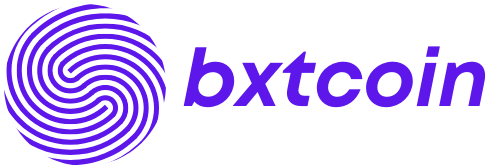

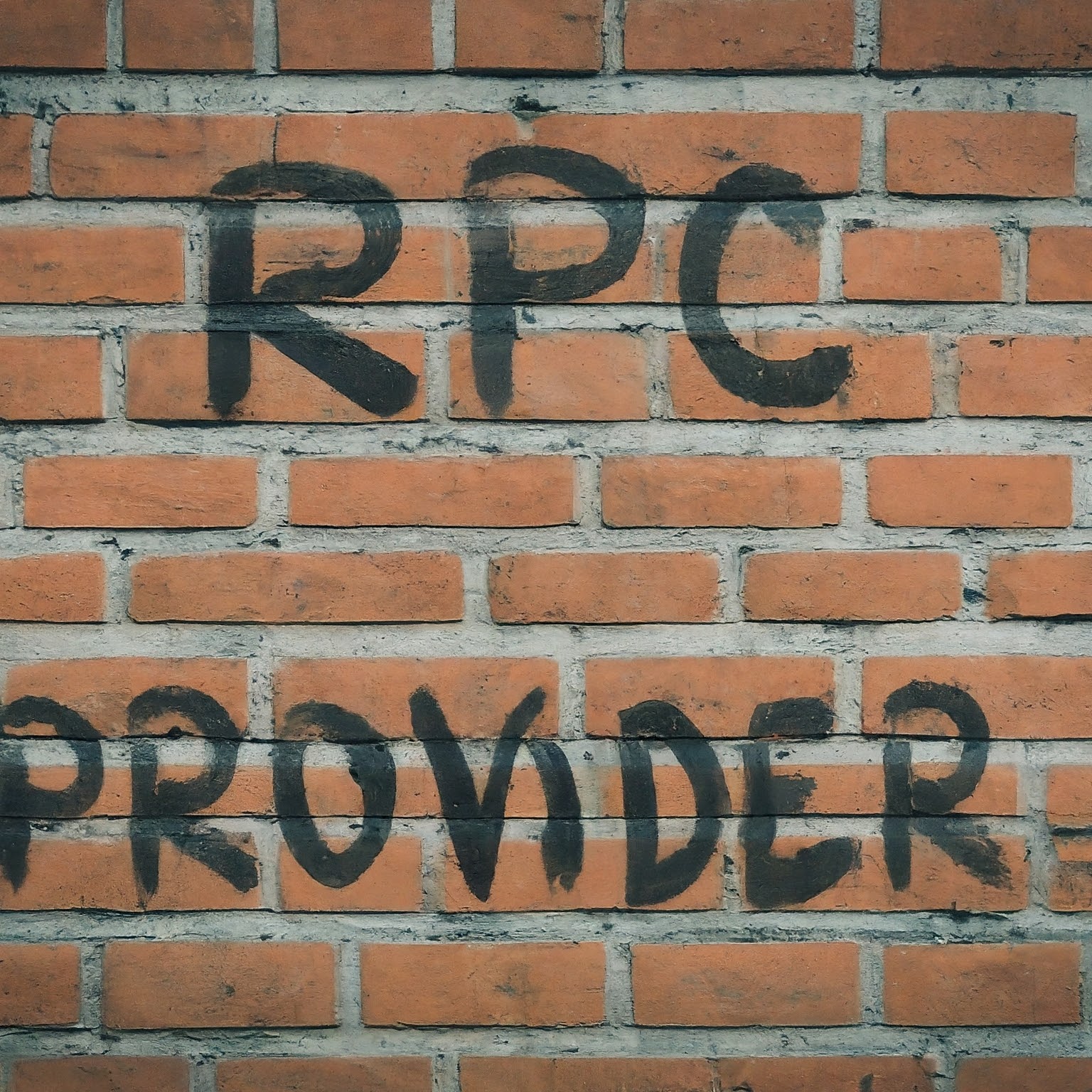
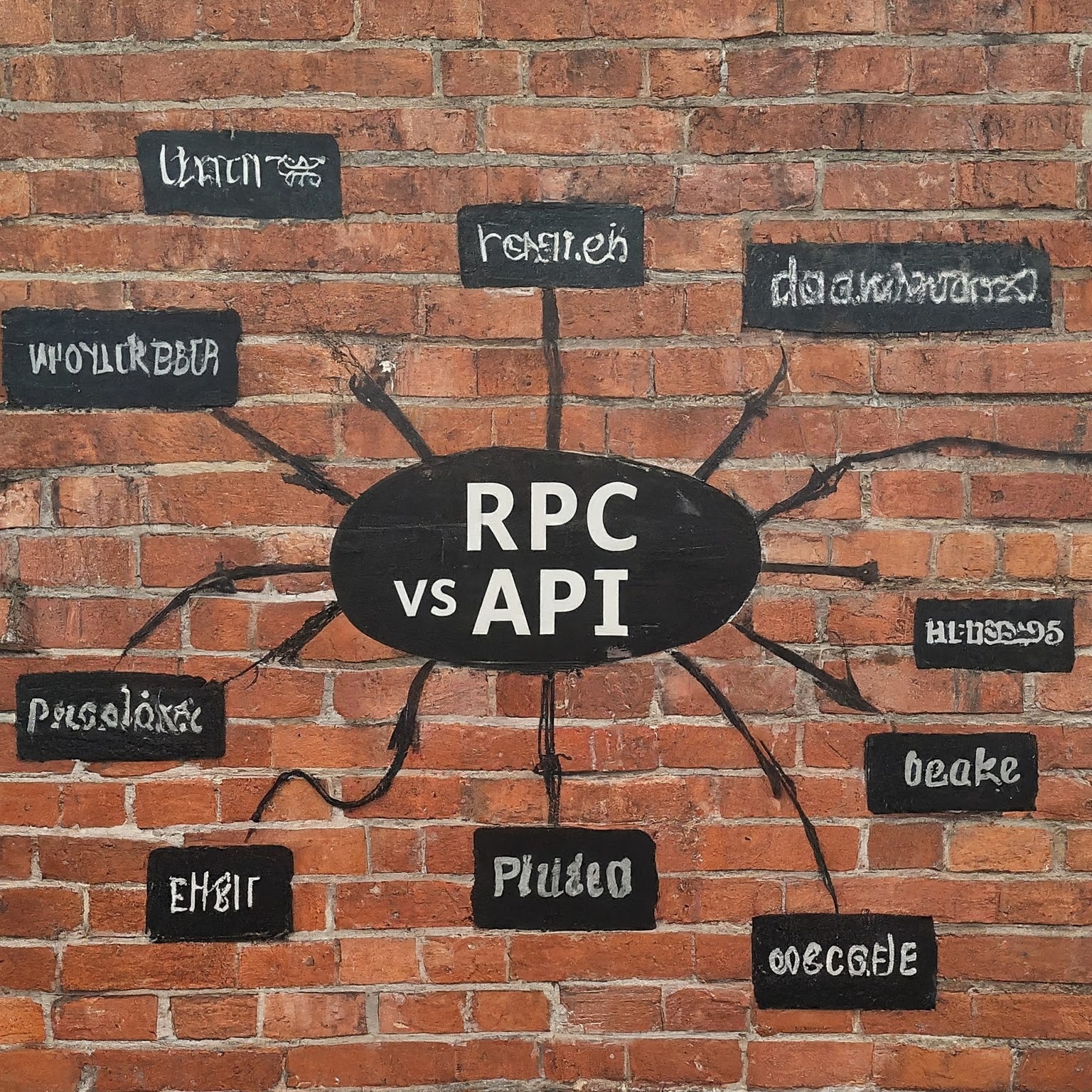
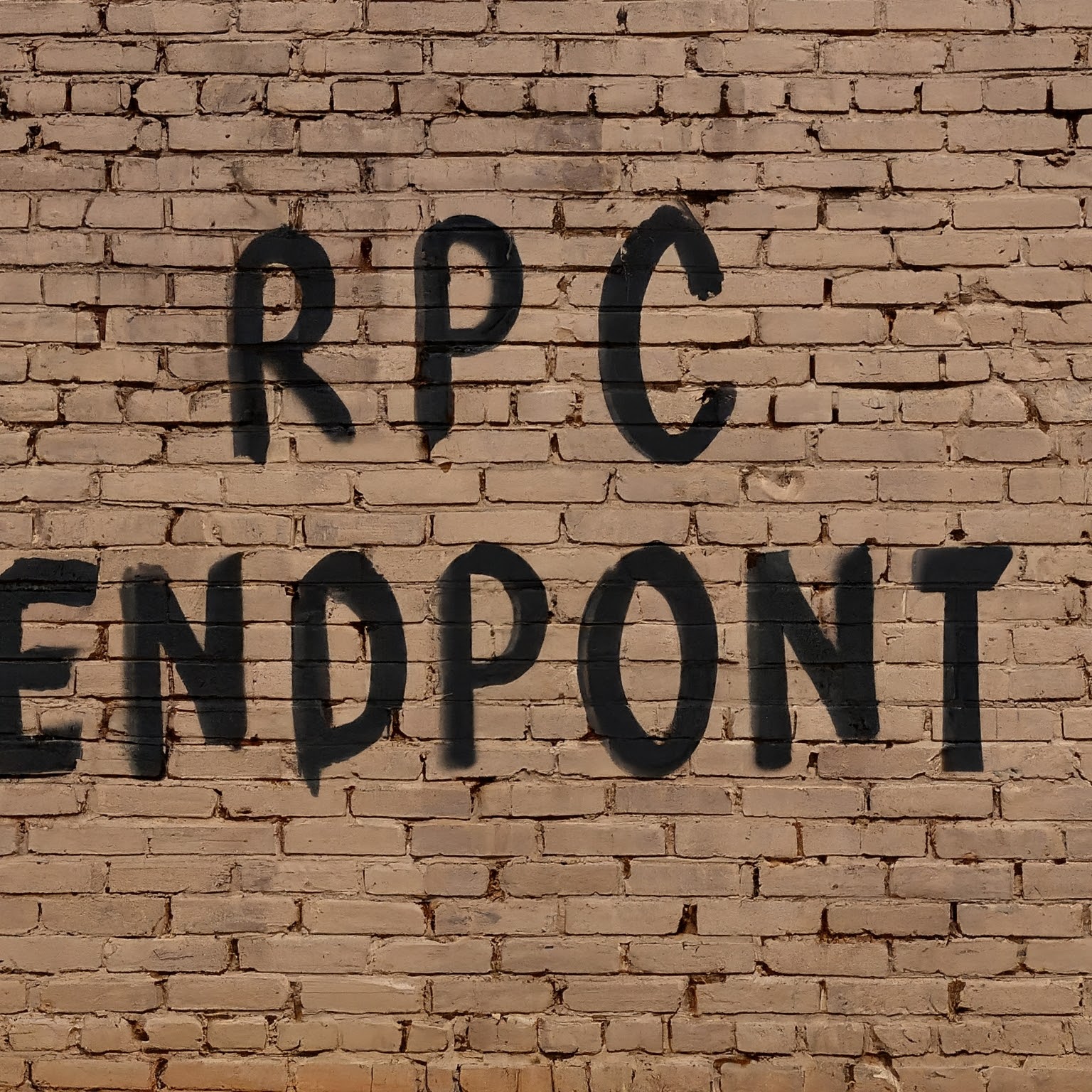
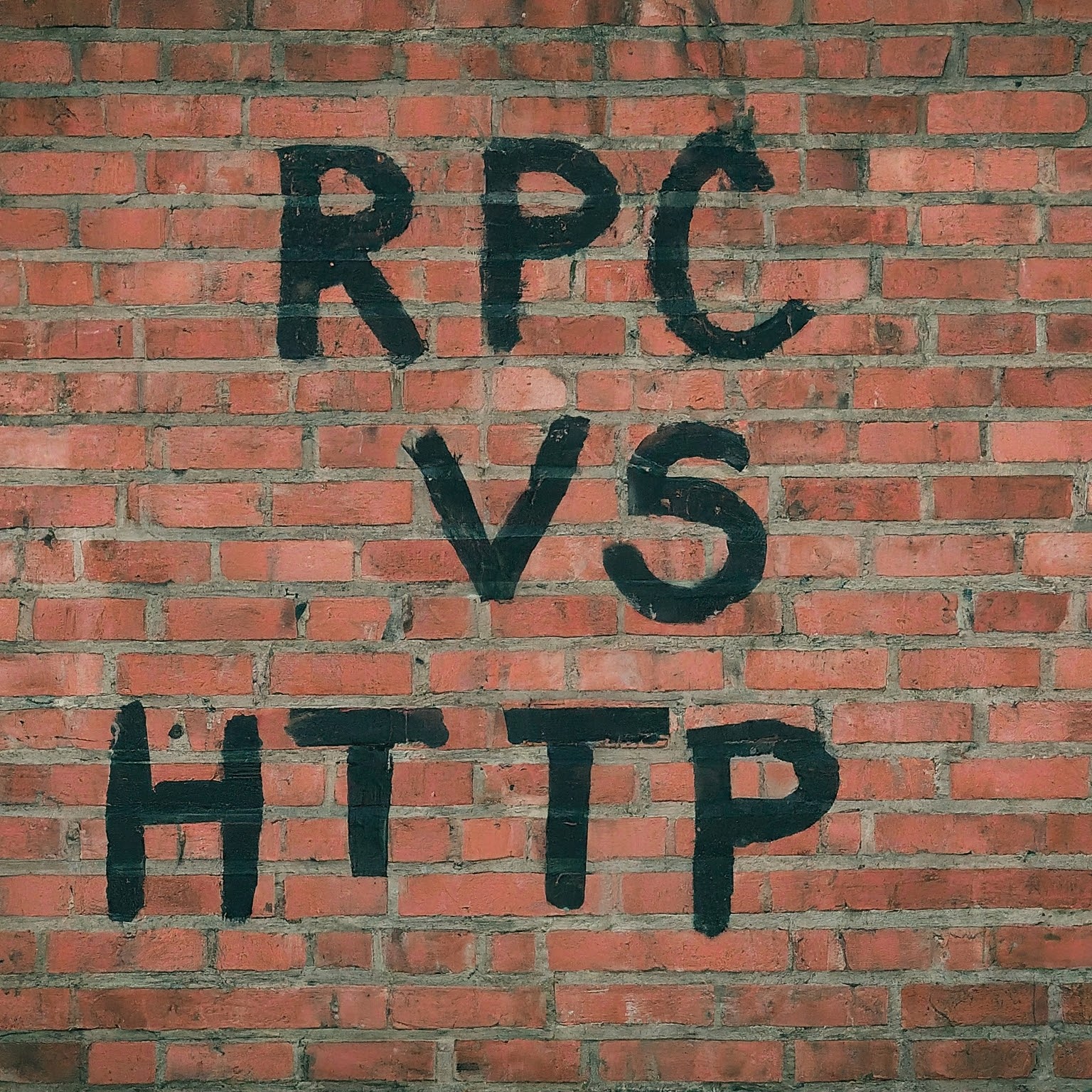
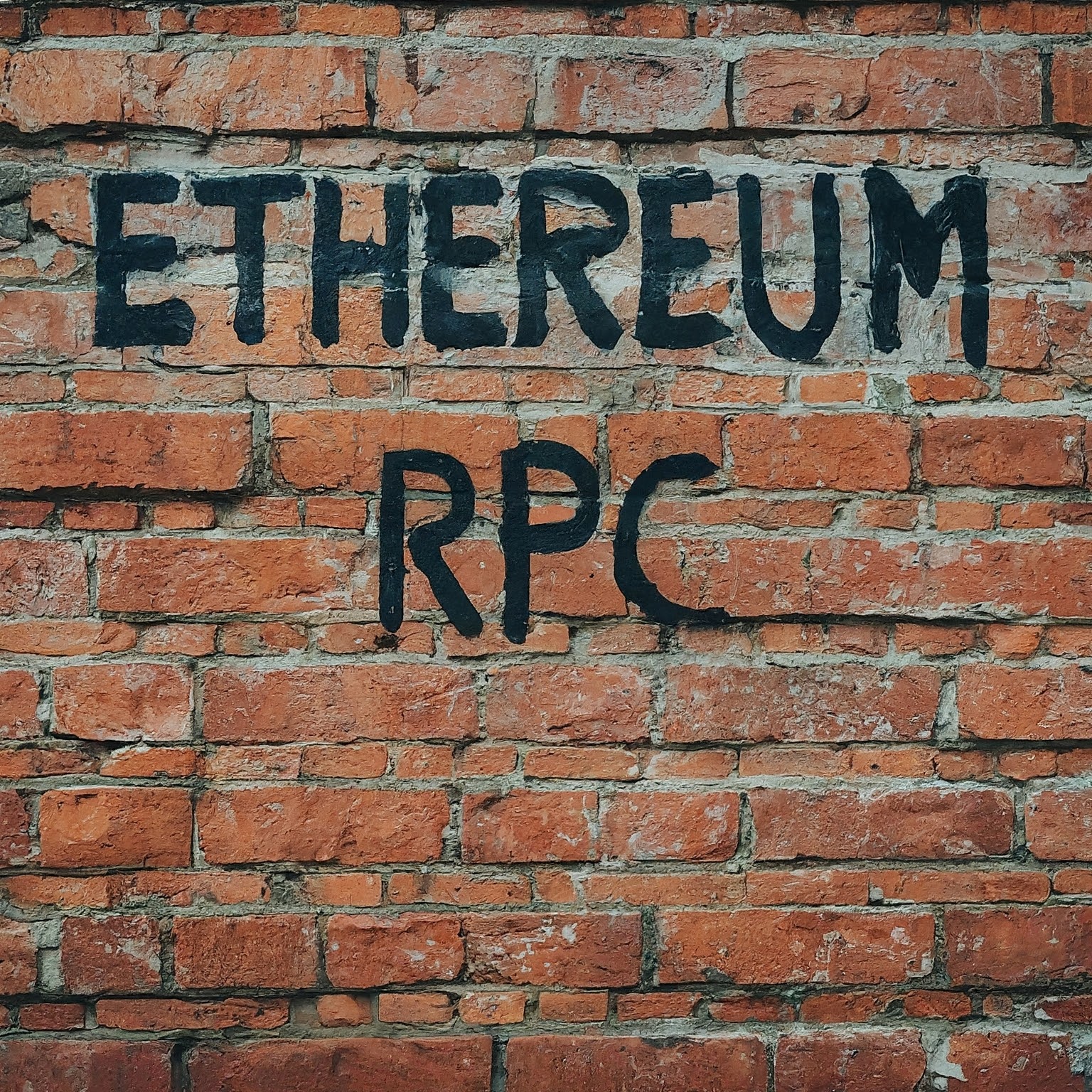
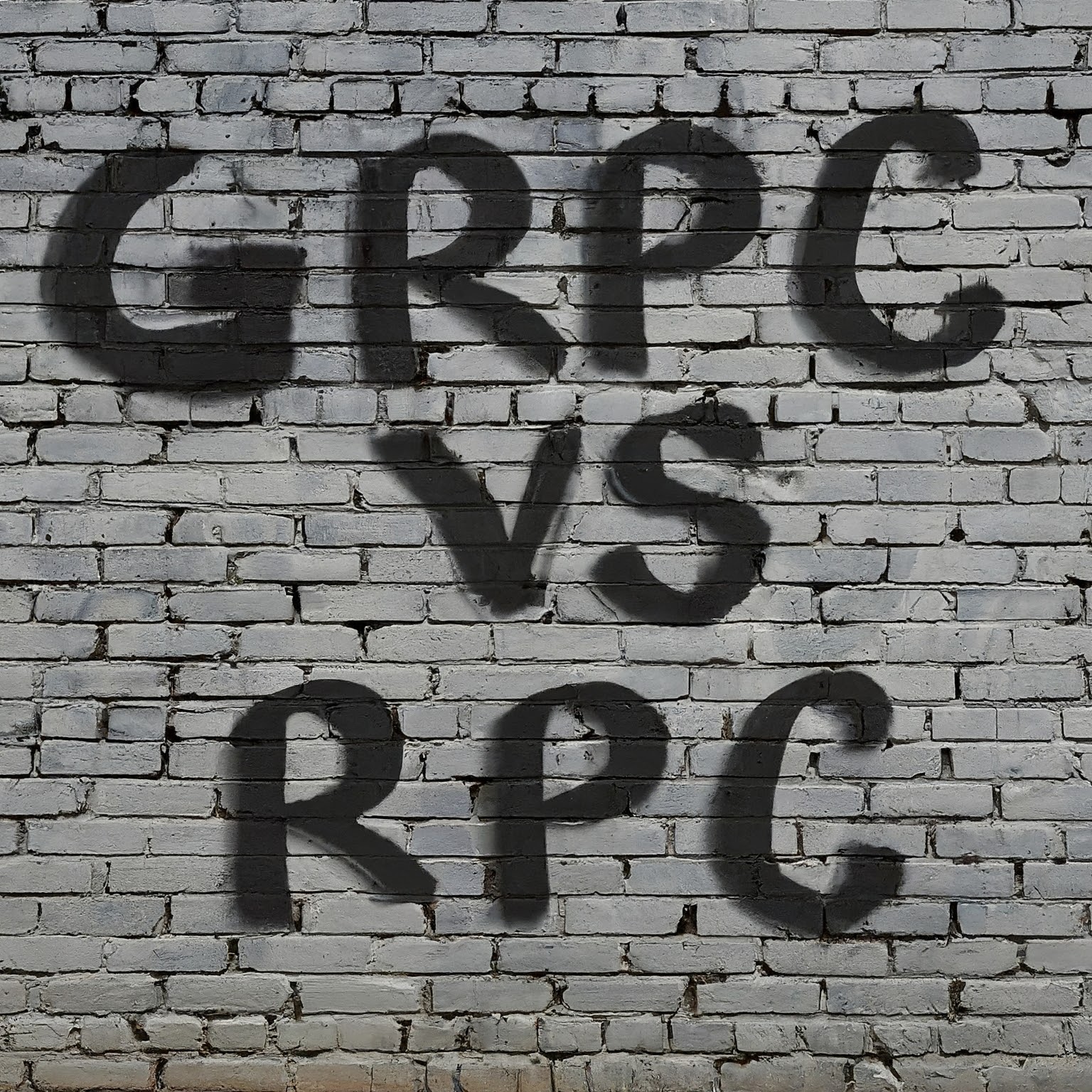
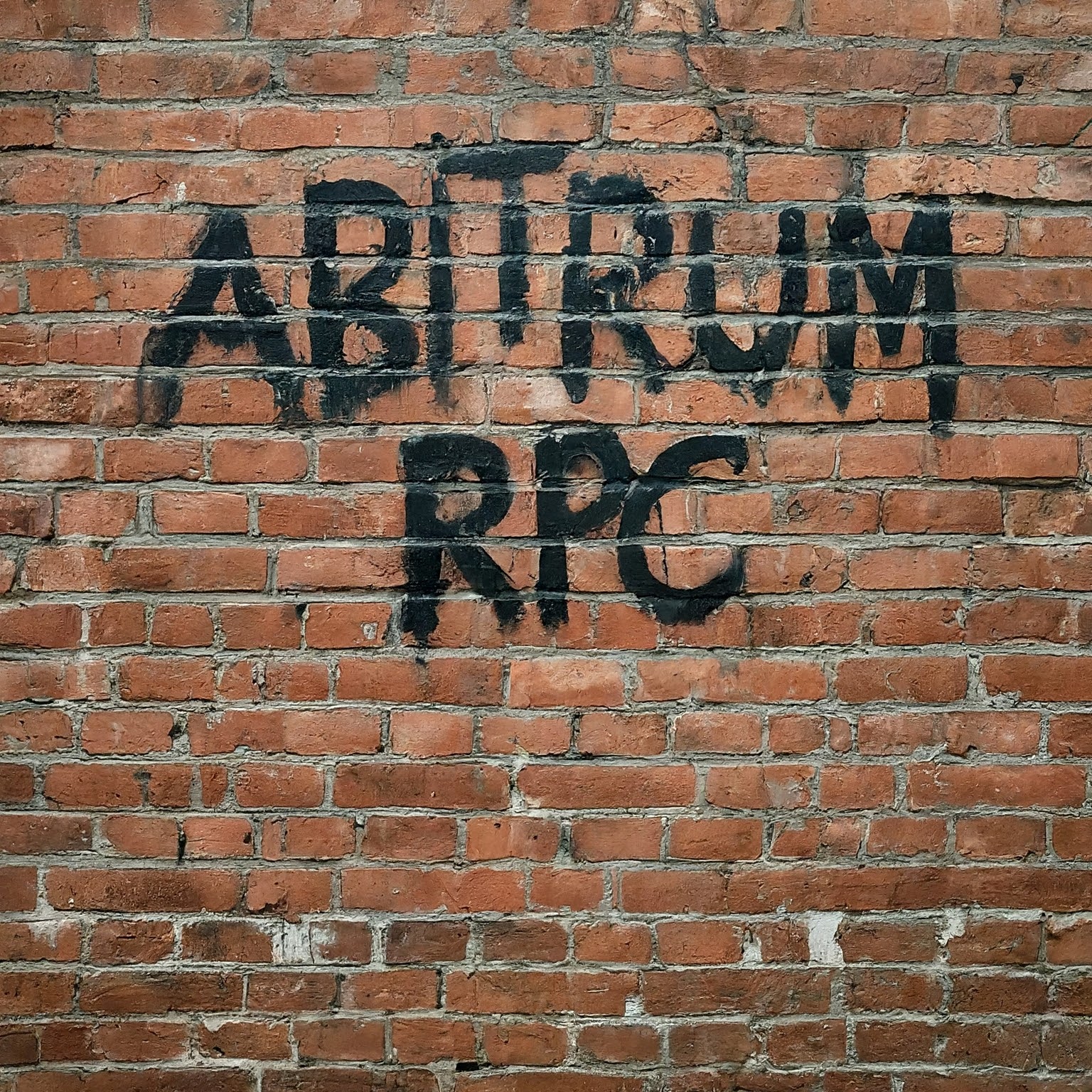
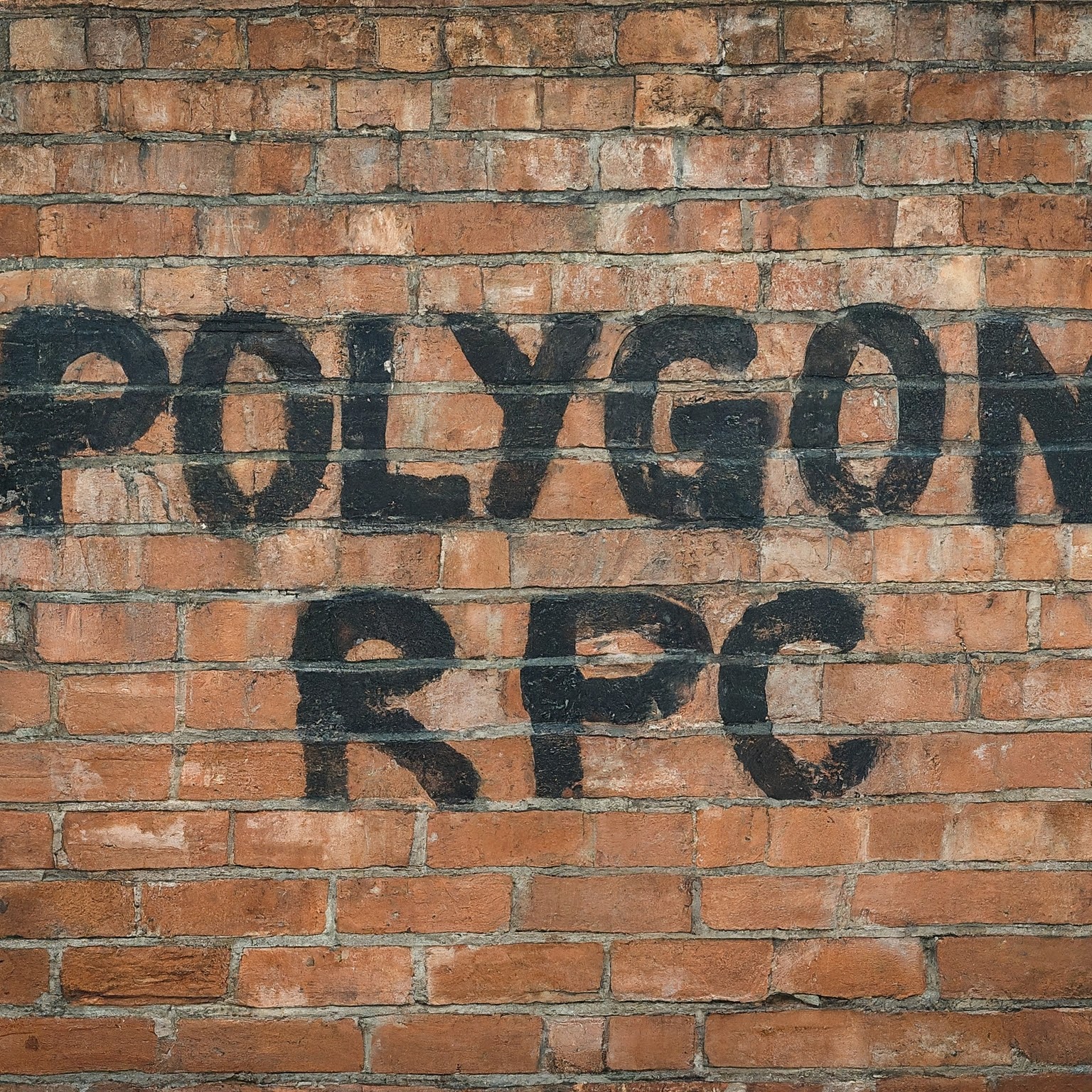
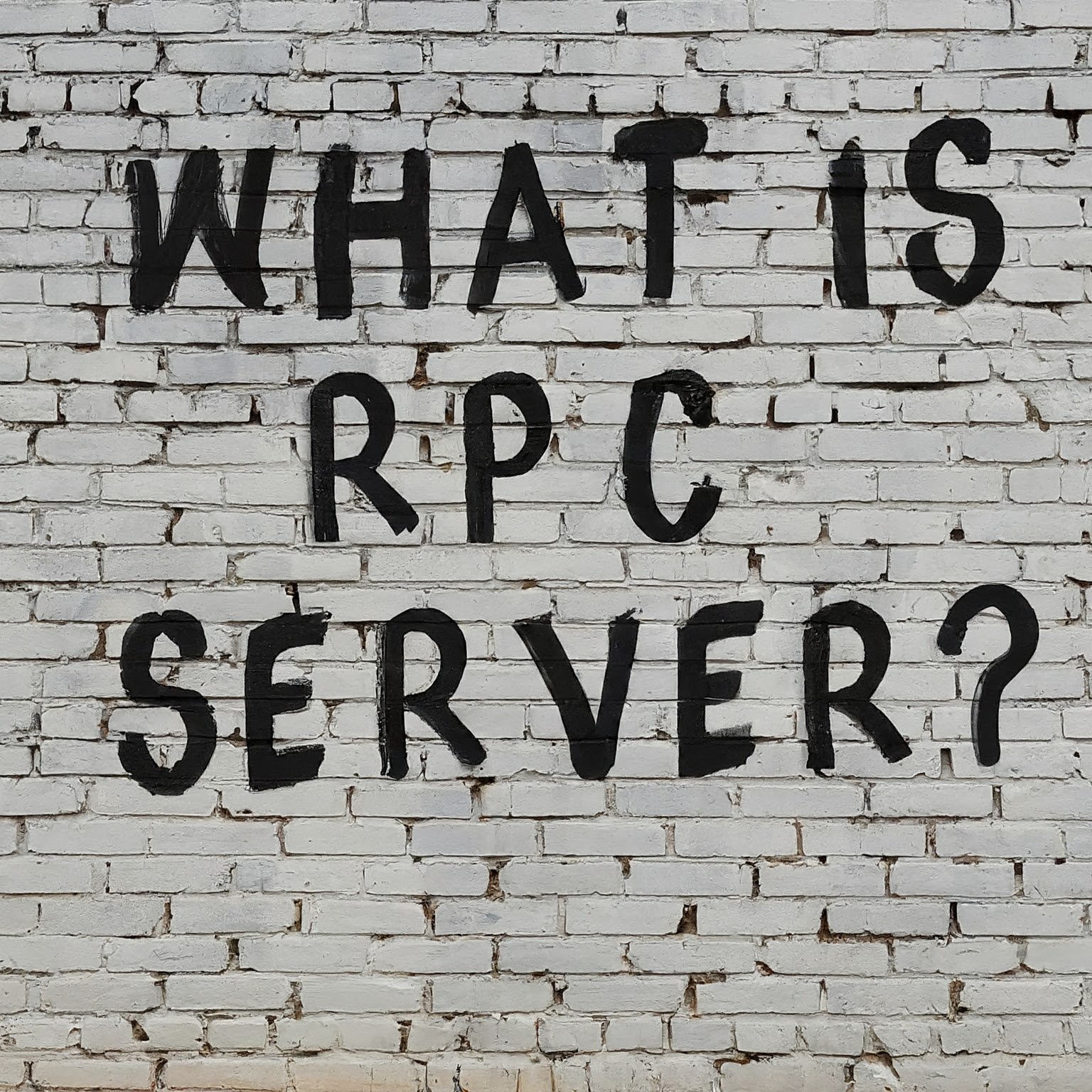
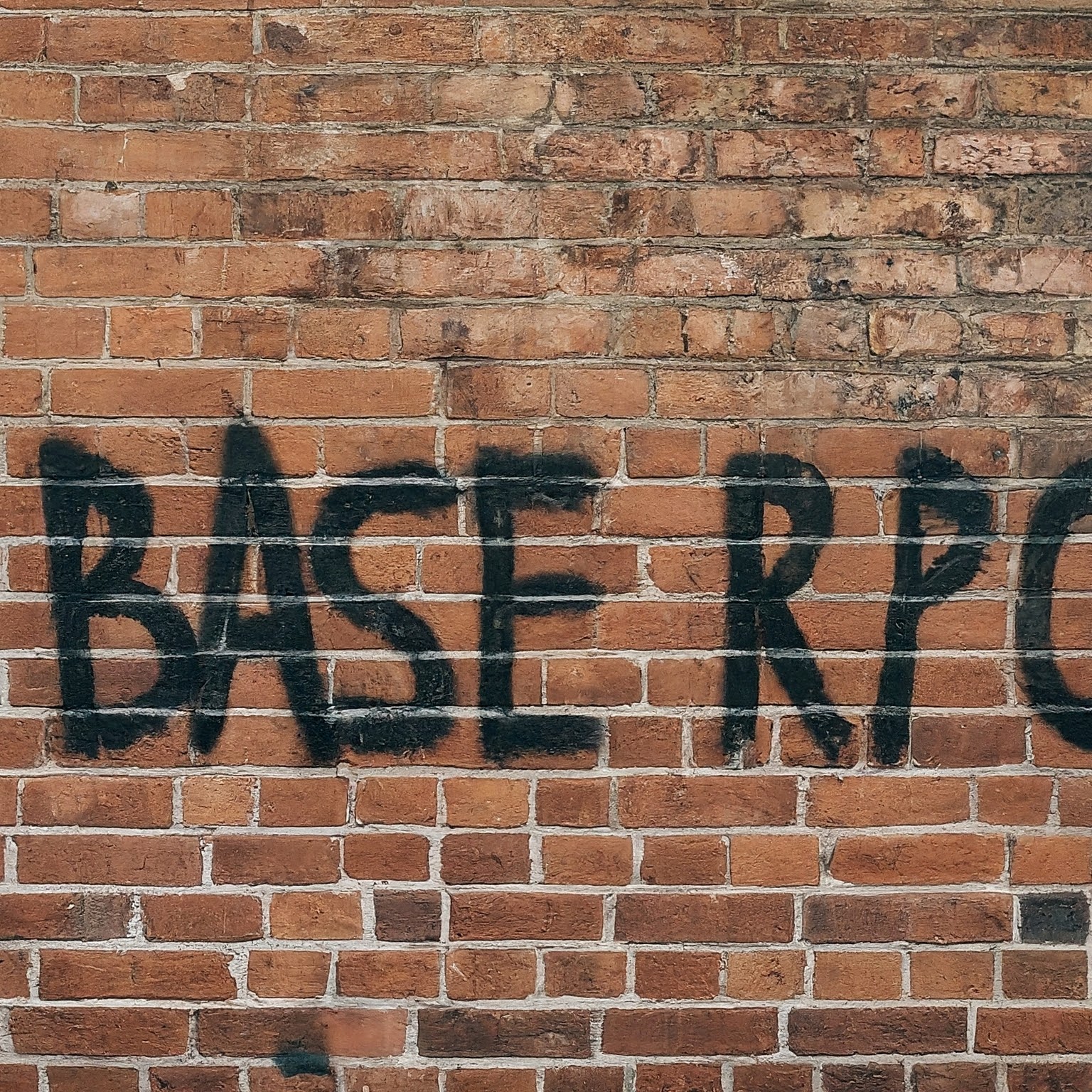
Leave a Reply
You must be logged in to post a comment.